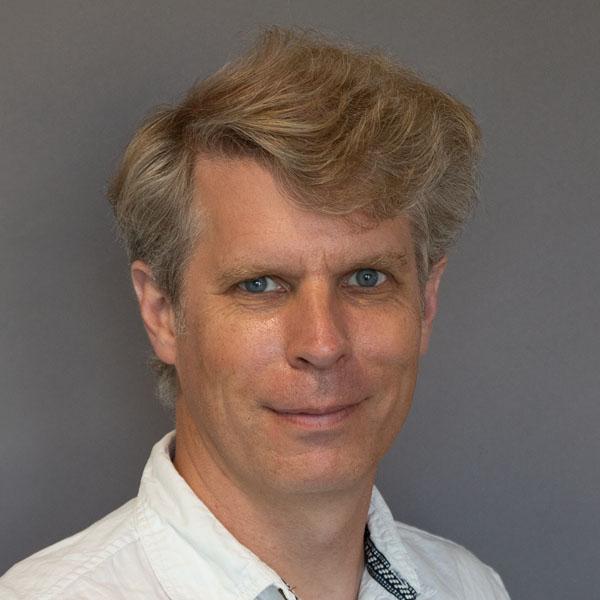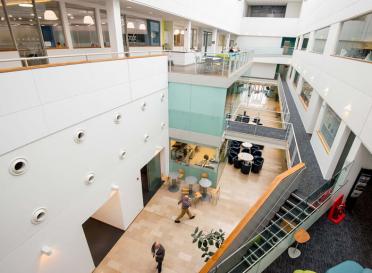
Life at Earlham Institute
We believe that our people are our greatest asset, and we want you to have the freedom to achieve your very best work here.
Complete, accurate genome replication is essential for all life on earth. However, the machines that replicate the DNA must overcome many obstacles, including transcription and DNA damage, collectively termed ‘replication stress’.
A replication fork that encounters an obstacle may stall and activate a cellular surveillance mechanism, called a checkpoint. The activated checkpoint stabilises the stalled replication fork and inhibits further DNA replication to prevent the accumulation of further problems. This project will apply our cutting-edge single molecule, genomic technology to discover how cells respond to replication stress.
We offer a highly collaborative, multi-disciplinary PhD between the Nieduszynski (DNA replication; technology development) and Blow (cell cycle control; cell biology; biochemistry) groups. The main aim of the project is to discover the mechanism by which excess Mcm2-7 protein loading ensures complete genome replication in the presence and absence of replication stress.
You will work in a rapidly developing field and gain a unique expertise in nanopore single molecule sequencing, technology development and computational biology - skills that are in high demand for modern biological research in both academia and industry.
The project will be conducted at the Earlham Institute (a BBSRC-supported, world-leading research centre for bioinformatics and genome biology) and UEA.
You will have access to training and career development opportunities at the UEA, the Earlham Institute, and across the Norwich Research Park as part of the Norwich Biosciences Doctoral Training Partnership.
Further reading:
Application information:

We believe that our people are our greatest asset, and we want you to have the freedom to achieve your very best work here.

Norwich is a city of culture, with its rich history of art and writing, as well as a city of science - hosting some of the leading centres for life science research in the world.

The behaviours and communication skills we expect from candidates.